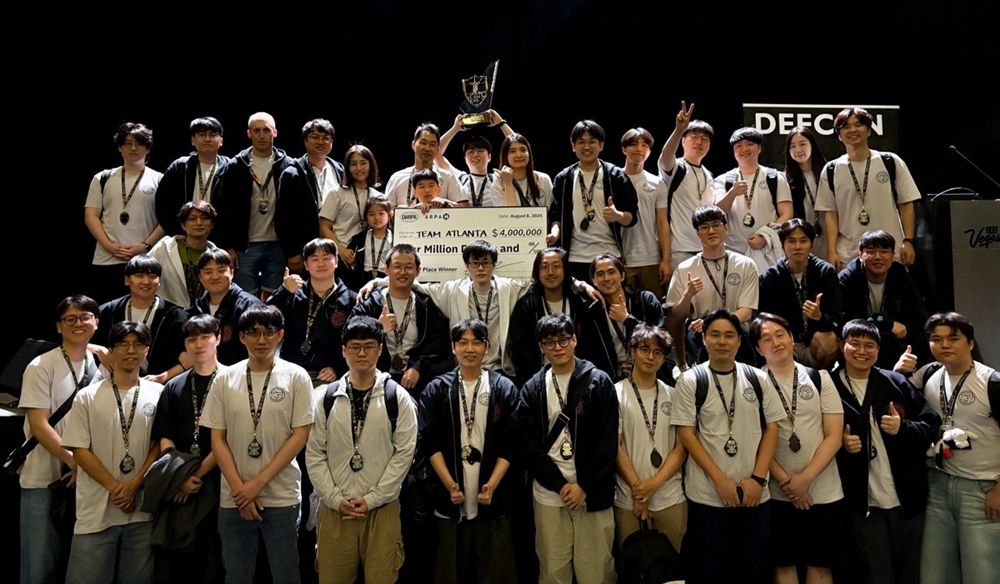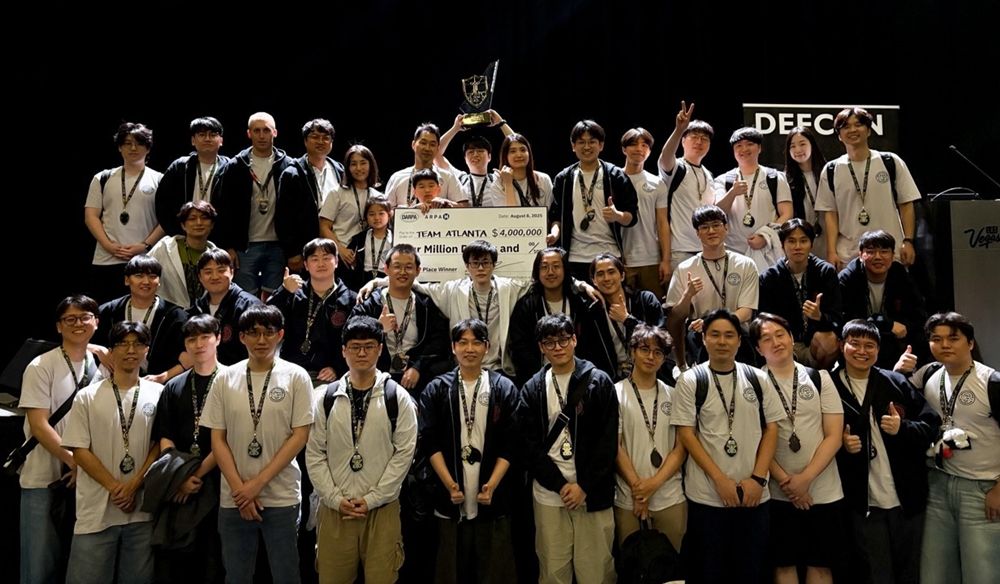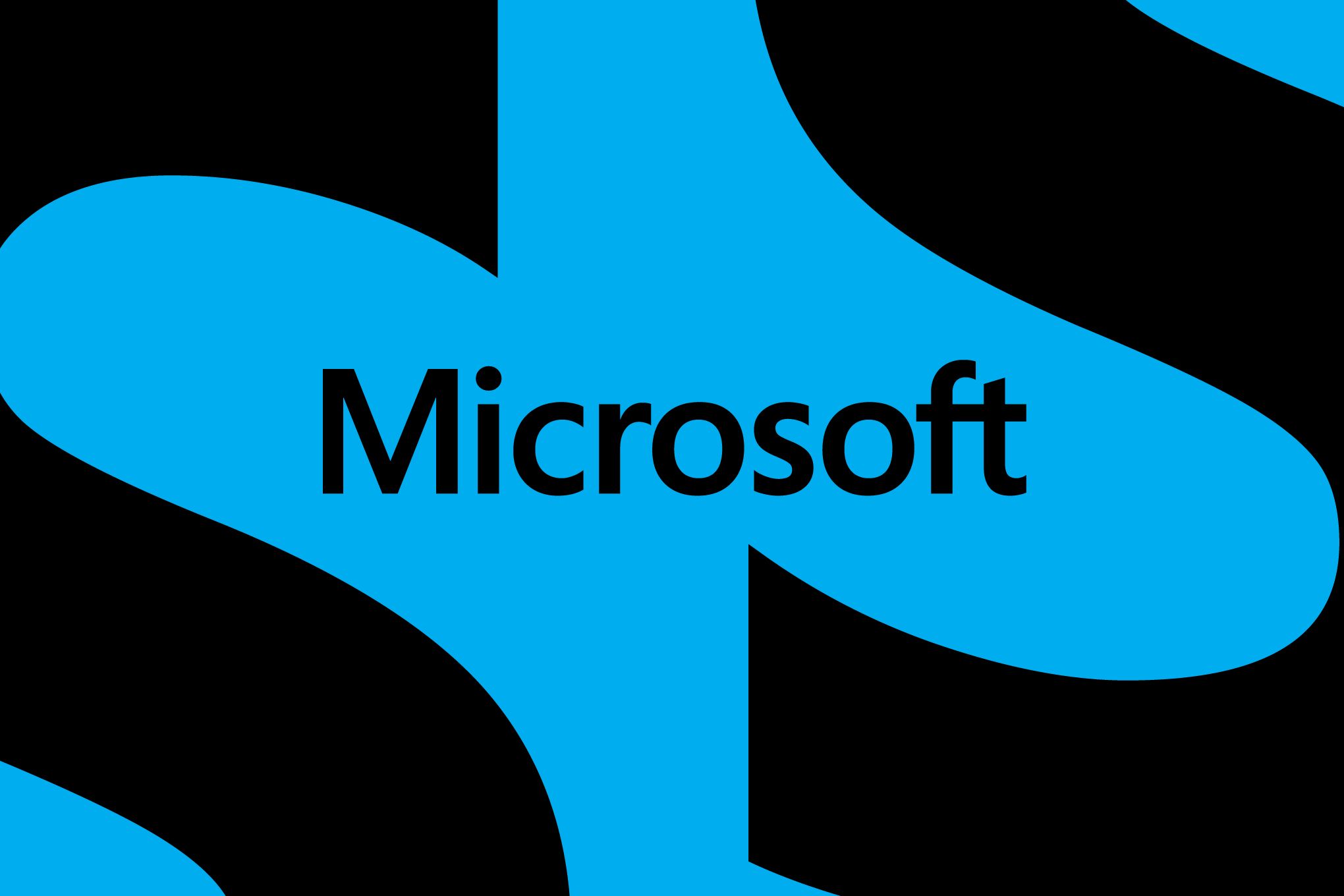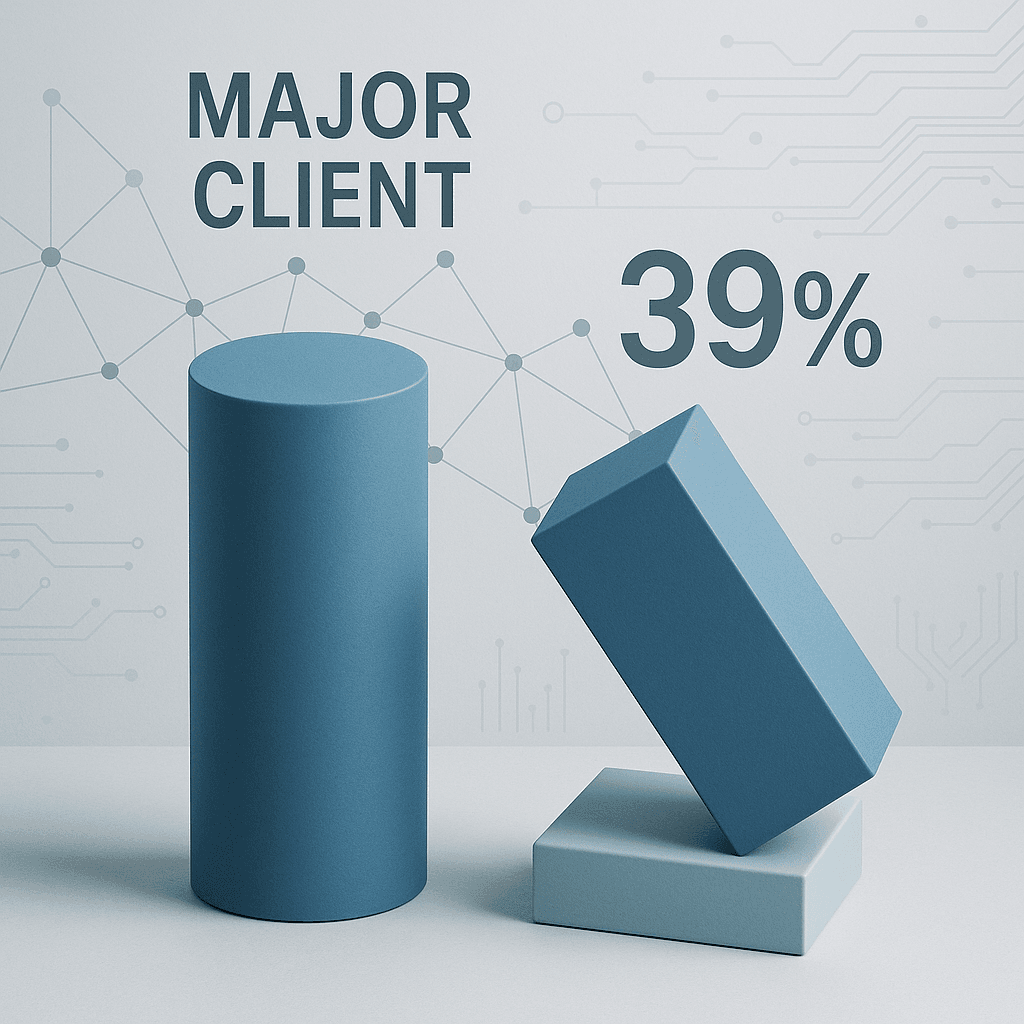Google's Pixel Product Manager just called the Pixel 10 'revolutionary' — and the AI-powered camera features backing up that claim are reshaping mobile photography. The company unveiled its most advanced computational photography system yet, powered by the new Tensor G5 chip and breakthrough features like Conversational Editing that let users edit photos through natural language commands.
Google just dropped the most telling word about its Pixel 10 strategy: 'revolutionary.' When Pixel Product Manager Stephanie Scott used that term on the Made by Google podcast, she wasn't just doing marketing speak — she was telegraphing how dramatically Google believes it's advancing mobile AI photography.
The company's confidence stems from breakthrough features that blur the line between professional photography and casual smartphone use. Conversational Editing represents perhaps the most significant leap, allowing users to edit photos through natural language commands rather than complex menus. 'Make the sky more dramatic' or 'brighten the subject's face' now trigger sophisticated AI adjustments that previously required professional software expertise.
Camera Coach takes this AI integration further, providing real-time photography guidance that adapts to shooting conditions. The feature analyzes scenes in milliseconds, suggesting composition improvements, optimal settings, and even predicting the best moment to capture action shots. It's Google's attempt to democratize professional photography techniques through machine learning.
Powering these advances is Google's Tensor G5 chip, which Scott describes as enabling 'so much newness in terms of capability.' The processor dedicates significant silicon real estate to AI computations, allowing complex image processing to happen locally rather than in the cloud. This architectural shift addresses privacy concerns while delivering faster performance for photography tasks.
The timing couldn't be more strategic. Apple's iPhone camera improvements have plateaued in recent generations, while Samsung focuses heavily on telephoto capabilities. Google's betting that AI-powered features, rather than just hardware specifications, will differentiate the Pixel 10 in an increasingly saturated premium smartphone market.
Beyond photography, Google refined the Pixel 10's industrial design and added compatibility. The magnetic alignment system, popularized by Apple's MagSafe, signals Google's commitment to matching premium hardware expectations across all user touchpoints.












